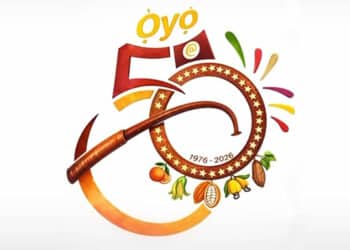Governors of the 36 states have resolved to adopt additional measures to cushion the impact of the coronavirus (Covid-19) pandemic on citizens and businesses in their states.
The governors, in a communique issued after the 13th teleconference meeting of the Nigeria Governors’ Forum (NGF) held on Wednesday, resolved among others, to issue emergency procurement guidelines and adopt procedures to facilitate the participation of small and medium scale enterprises in state procurement by 30th September 2020.
They also resolved to maintain the implementation of a tax compliance relief programme for individual taxpayers and business to mitigate the impact of the COVID-19 crisis.
The governors agreed that state governments should, through their Ministries of Finance, utilise the technical assistance available within the NGF Secretariat to publish their approved amended 2020 COVID-19-responsive budgets by 31st July 2020.
Members of the NGF also resolved to “strengthen the risk communication pillar of the State COVID-19 Task Teams as proposed by the Presidential Task Force (PTF) National Coordinator, and foster stronger collaboration with the National Orientation Agency (NOA), state orientation agencies, religious and traditional institutions, as well as civil societies.
“They will also step-up the current efforts by taking key health and safety measures to the doorsteps of Nigerians in all 774 local governments areas in the country.”
In the communique signed by NGF’s Chairman, Governor Kayode Fayemi of Ekiti State, the forum is sad to be working on a new partnership with the Central Bank of Nigeria (CBN) on the Anchor Borrowers’ Programme (ABP) aimed at strengthening the implementation of the programme and economic opportunities for smallholder farmers in all states.
It added: “In the light of the proposed partnership with the CBN on the ABP, an official MoU signing will be held on Tuesday, 28th July 2020.
“The initiative will be followed by the establishment of a joint project team, engagement with stakeholders and launch during the 2020 dry season farming.”









